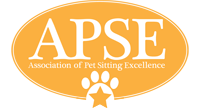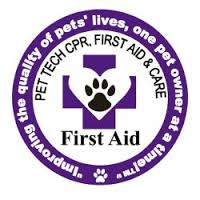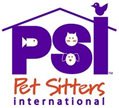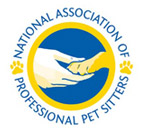 We all love our four legged family members, but the costs of keeping them healthy can add up quickly. You can significantly decrease your costs by using preventive measures and by making wise spending decisions.
We all love our four legged family members, but the costs of keeping them healthy can add up quickly. You can significantly decrease your costs by using preventive measures and by making wise spending decisions.
- Neutering your pet decreases the risk of mammary or prostate cancer by almost 75%. Reproductive diseases are often life threatening and costly to treat. For example, a diagnostic workup and hospitalization for neutering and prostate surgery may cost $1,200 or more, considerably more than a routine neuter.
- Heartworms and intestinal worms are hard on your pet’s body-and your checkbook. So, avoid them by using monthly preventive. Most heartworm preventives offer protection from intestinal parasites too. Check with your veterinarian to see what preventive is most appropriate for your pet.
- Shop around for the best prices on pet medication. It may be convenient to buy medicines from your vet, but you may save money by asking for a prescription to take to your local pharmacy. You may also save money by buying fewer pills with stronger doses ( If the pill can be split appropriately). For example, if your dog takes a 25 mg pill twice daily, you may save by giving ½ of a scored 50 mg pill. Please note that splitting tablets is only effective if the contents are evenly distributed throughout them. Ask your vet or pharmacist to be sure.
- Don’t over feed your pets. Studies have shown that pets that eat less live longer and are better able to resist chronic diseases such as arthritis. Feed high quality food and you may be able to use less. Make sure that you inform your pet sitterof the proper amount of food that your pet should have while you are away. Do not forget to provide appropriate measuring cups.
- Don’t neglect grooming. If you keep your pet’s hair, nails, and anal glands in good shape, you will prevent broken nails, skin infections, and ruptured anal glands. Each of these conditions are easily prevented, but can be costly to treat.
- Bring your pets inside as much as possible, particularly cats as they are prone to being hit by car and having fight injuries. In addition, by spending more time with your pet, you can readily identify changes that may indicate illness or injury.
- Consider using a pet sitting service, rather than boarding. Pet sitters tend to be less expensive than taking your pet to a boarding facility. In addition, your pet is not exposed to other potentially sick pets. Did you know that pet sittingservices offer mid- day dog walks and overnight pet visits? For owners that work long hours, or who may need to take brief overnight trips, pet sittingservices offer a host of convenient options for the pet owner.
Going away and need a pet sitter?
Give us a call at Four Paws Pet Sitting Services.
(919) 388-7297 Register Now and we will call you to Book your FREE Consultation.
We cover Raleigh, Cary, Apex, Morrisville, Holly Springs, Fuquay-Varina, Wake Forest, Garner, NC
















